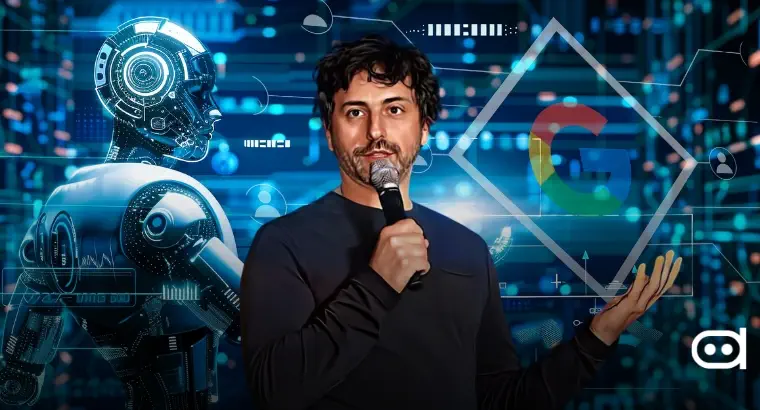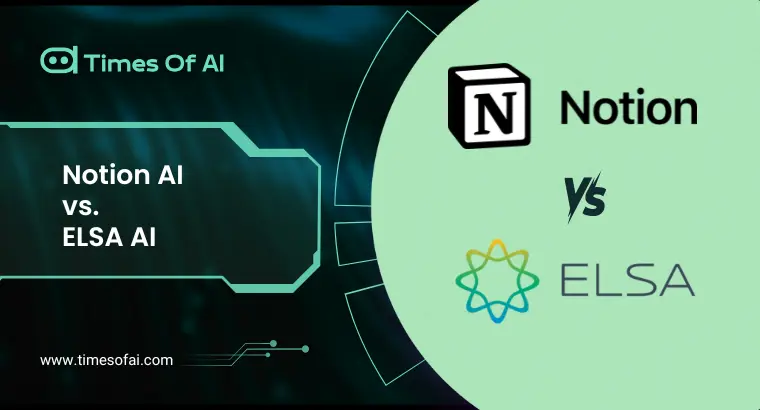
- Google AI risks were too cautiously approached after the company invented the game-changing Transformers in 2017, according to co-founder Sergey Brin. Reflecting on the missed opportunities to deploy AI language models, Brin admits that Google’s timidity led to them lagging behind competitors in crucial developments.
- He now advocates for a shift in strategy, encouraging Google to embrace risks and potential failures, much like the recent AI challenges they’ve faced. Brin stresses that to stay competitive, Google must take bigger chances in the AI space, despite the potential for embarrassment.
Google AI risks concern those questioned in an interview with Sergey Brin recently wherein he boldly shared that the company does not adopt the Transformer technology which has been available since 2017. Over the past several years, new deep learning architectures, which these models introduced and are central frameworks that drive tools such as ChatGPT and BERT, have been developed. As it appears, Brin admitted that “there is a new thing whiz technology coming out from Google we are deploying too late on it”, essentially indicating that Google was too cautious concerning harnessing these advanced AI models, thus permitting others to take over this revolutionary domain.
Brin’s musings highlight what Eric Schmidt has called the Google AI risks that the top brass chose to ignore probably out of the fear that they may fail or face a backlash. Normally, in the same way, this risk-averse attitude has its reasons, in particular, the fact that the firm is left with limitations to shield its unsoiled image. In the words of Brin, managing such risks was depriving them of opportunities for creativity because there were opportunities for Tiger and other new ready-to-deploy computer science-generated intricacies in the market.
True to his word, Brin was stoic and even spoke on some of the recent hurdles Google Inc. faced regarding its AI technology. Concerns of bias with language models and concerns brought forth with the release of chatbots caused the company to face insurmountable disappointment in failing to deliver what users expected. Still, there is this embarrassment, and Brin maintains the position that such stumbles in the future are quite normal. Moving forward, there are views that for Google to be at the forefront of AI development, there is need for risk-taking which can lead to public failures at times.
Hagel denies that this is a corporate safeism culture, which is atypical for Google that has always aspired for perfect product launch. Brin in effect calls the stakeholders of the company to “risk embarrassment,” stating that AI cannot be advanced without taking some risks that will not pan out on the first attempt. This argument of Brin’s proposes that Google amongst other companies has the needed resources and personnel to thereby absorb such Google AI Risks comparisons better than the rest of smaller companies.
The emergence of OpenAI’s ChatGPT in particular and the ever-growing interest of Microsoft’s embedded products into AI technologies have forced Google to step up its game. The dominance of Brin’s thoughts points to his realization that Google is no longer in a position to play it safe. While they are the early movers in the AI space, their hesitation to go all out in deploying what they have researched affords their competitors a chance to win the hearts of the public.
Read More: Accenture’s AI and Data Innovations Lead Salesforce Experience Revolution
What is rather interesting in this case is how Brin himself was participating in research in AI in the Google’s settings. He has made critical contributions into the building blocks of the existing architectures for language modeling. His comments from past few days are comprehension of the current state and motivation for active behavior both for Google and whole IT society. It stands to reason that one option is clear, proceeding to the training because the pace of development of technologies AI already does not allow one to get out of working deaf.
To crux the matter, Brin’s admission about Google AI risks renders itself to be the turning point of the company. Since they are repositioning themselves and seeking for more aggressive strategies towards AI development, it goes without saying that the age of caution is over. AI advancement has now dawned into a phase where there is no more room for Google laying defunct while their competitors take risks and yield the results in furtherance of the AI propelling Rivalry.





